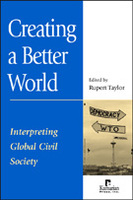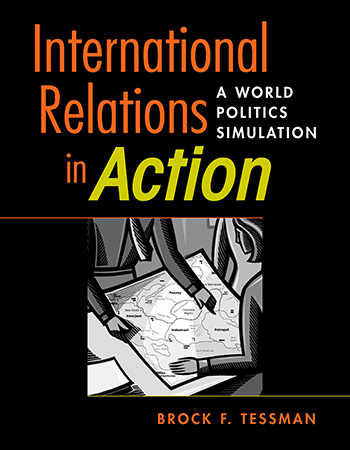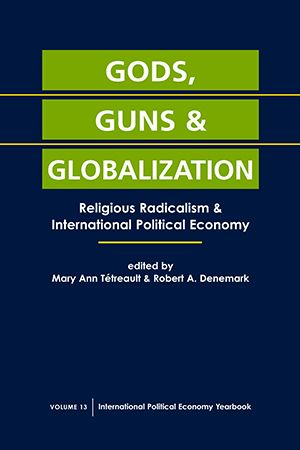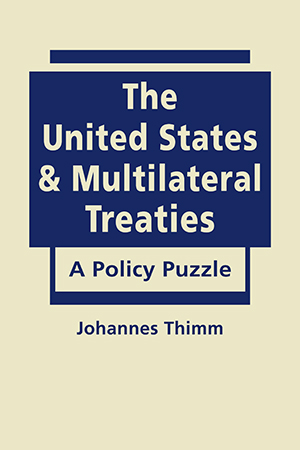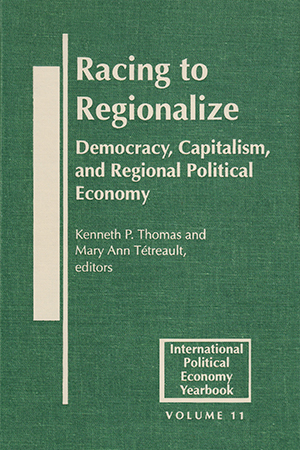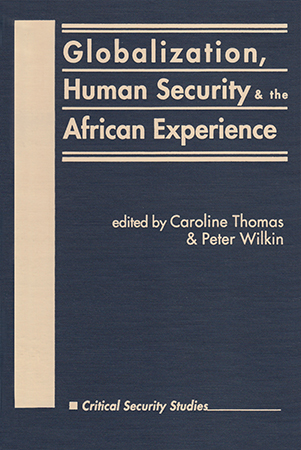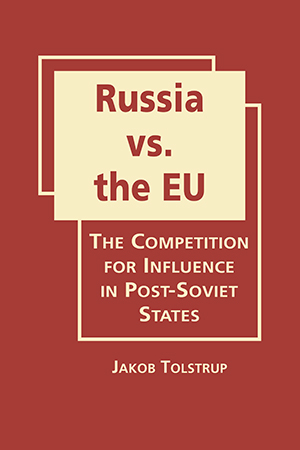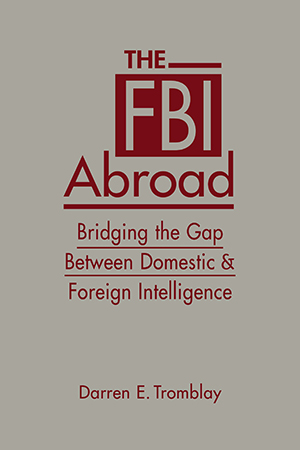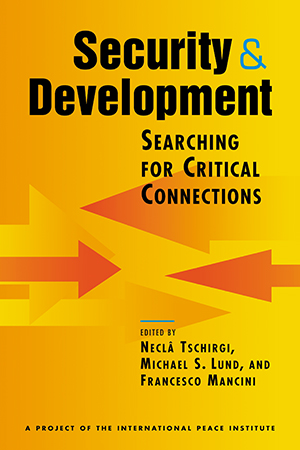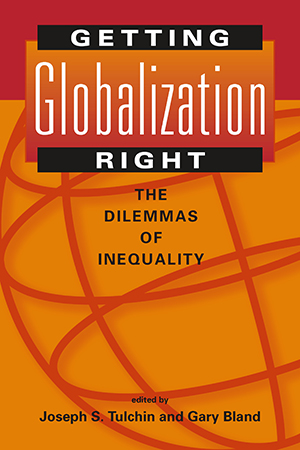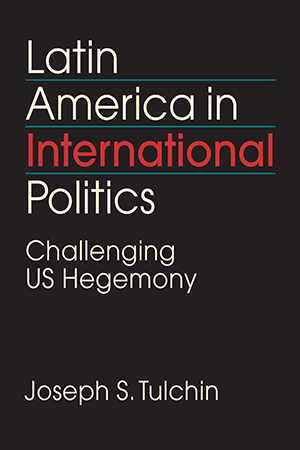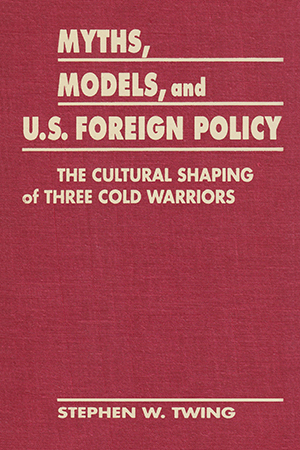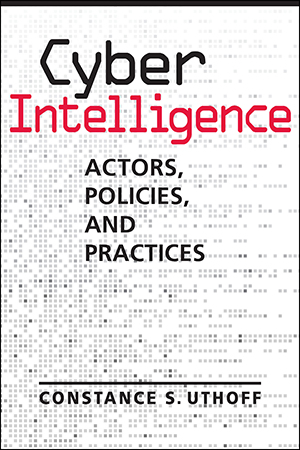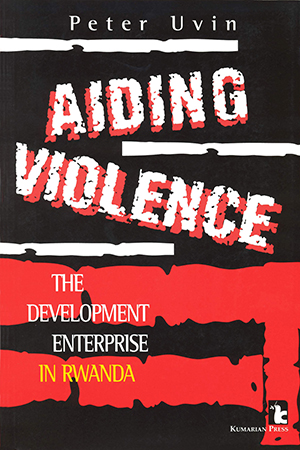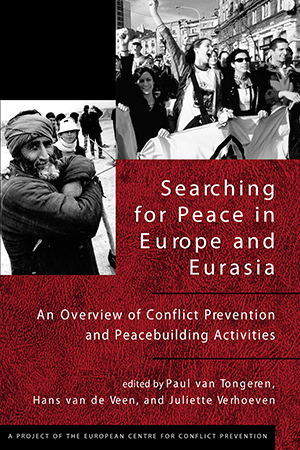International Relations (all books)
The term "global civil society" has become a catchphrase of our times. But efforts to define and interpret what global civil society actually is have led to ambiguity and dispute. More >
This hands-on exercise allows students to relate the concepts and issues at the foundation of global politics to the realities of international politics today. As influential leaders in the More >
Is it accurate to equate "fundamentalism" with antimodernism? What explains the growing importance of religious activists in world politics? Guns, Gods, and Globalization explores More >
Why is the US so reluctant to join global multilateral treaties, even when those treaties are in line with its own policies? And how does it decide which treaties to ratify? Finding that the More >
The intensifying proliferation of regional organizations over the last decade is explored in this volume, which focuses on the workings of APEC, the European Union, the Gulf Co-operation More >
The globalization of world politics affects issues rarely considered in traditional security studies. This book explores the interrelationships of those issues in critical security terms, More >
Do Russia and the European Union have any substantial influence over the political trajectories of post-Soviet states? Shedding new light on the interplay between domestic and external More >
How is it that the FBI, a domestic intelligence agency, operates beyond the US borders? What role does the bureau play in emerging democracies? In what ways does it contribute to US More >
Although policymakers and practitioners alike have enthusiastically embraced the idea that security and development are interdependent, the precise nature and implications of the dynamic More >
Getting Globalization Right explores political and economic changes in seven new democracies that have in common both a movement toward greater integration with the world economy and the More >
In recent years, the countries of Latin America have moved out from under the shadow of the United States to become active players in the international system. What changed? Why? And why did More >
In what ways does national culture influence the direction of U.S. foreign policy? What are the mechanisms through which culture shapes policy outcomes? Stephen Twing’s thoughtful More >
US national security compromised by Wikileaks. Towns held hostage by ransomware. Corporate websites hacked. Cyber espionage and cybercrimes are increasing in both frequency and More >
Winner of the African Studies Association’s Herskovits Award! Aiding Violence expresses outrage at the contradiction of genocide in a country considered at the time by Western aid More >
Searching for Peace in Europe and Eurasia offers much-needed insight into the possibilities for effective conflict prevention and peacebuilding throughout the region. Presenting surveys of More >


